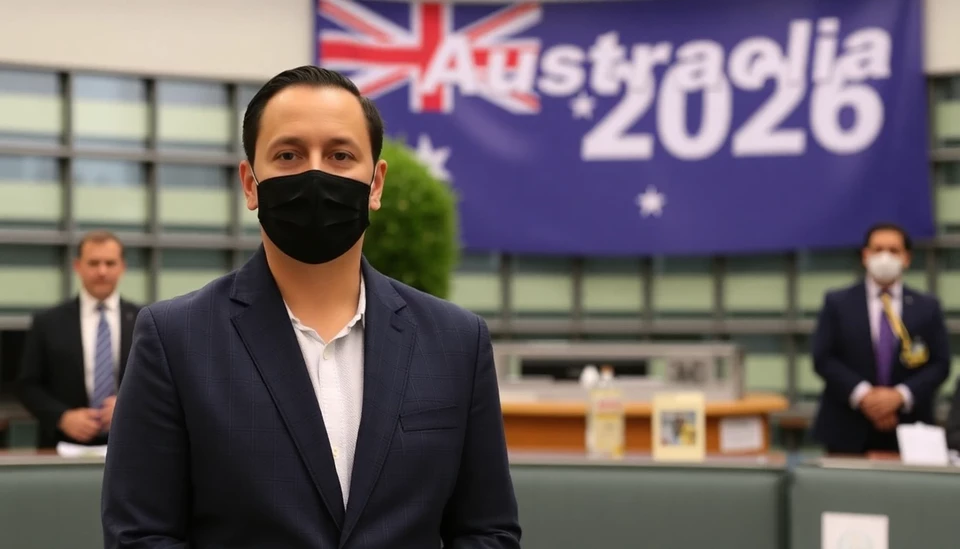
Recent data indicates a worrying trend in consumer sentiment across Australia, which has dipped for the second consecutive month amid growing concerns about the nation's economic outlook. According to the latest survey conducted by Westpac and the Melbourne Institute, Australia's consumer sentiment index faced a significant drop of 3.4% in December, following a 1.1% decrease in November. This decline reflects a general sense of uncertainty among consumers regarding their financial future and broader economic conditions.
Consumer sentiment plays a crucial role in shaping economic activity as it influences spending, savings, and investment decisions. A pessimistic outlook can lead to reduced consumer spending, which affects businesses and ultimately reduces economic growth. The current environment has sparked anxiety among residents as they are confronted with rising costs associated with essential goods and services, particularly housing and food, which are feeling the pressure from higher inflation rates.
This recent decline in consumer confidence follows a prolonged period of rising interest rates, as the Reserve Bank of Australia (RBA) has implemented measures to curb inflation. Analysts suggest that continued increases in borrowing costs have started to weigh heavily on household budgets, thereby dampening consumer enthusiasm and willingness to make significant purchases.
It is noteworthy that the index measuring the outlook for the economy over the next five years has dropped to its lowest level since early 2021. Consumers have expressed concerns regarding the impact of continued rate hikes on borrowing power and home affordability. The survey also highlighted a growing fear of job insecurity, which seems to be influencing public sentiment negatively.
Interestingly, despite the overall pessimism, there remains a segment of the population that indicates a willingness to spend on luxury items and experiences, suggesting that while basic necessities are becoming increasingly strained, discretionary spending habits may not be entirely affected.
Economists and financial analysts are closely monitoring these trends as they can significantly influence Australia’s economic recovery trajectory. Actions taken by the RBA in response to consumer sentiment and inflation pressures will be critical in shaping the future economic landscape. A careful balancing act between controlling inflation and supporting consumer confidence will be essential for policymakers moving forward.
As 2024 approaches, all eyes will be on the RBA and government initiatives aimed at sustaining economic growth while addressing rising costs and consumer anxiety. The evolving situation may compel consumers to rethink their spending habits, as economic forecasts suggest a turbulent year ahead.
#Australia #ConsumerSentiment #EconomicOutlook #Inflation #InterestRates #FinancialStability #EconomicGrowth #Westpac #MelbourneInstitute #SpendingTrends
Author: Laura Mitchell




